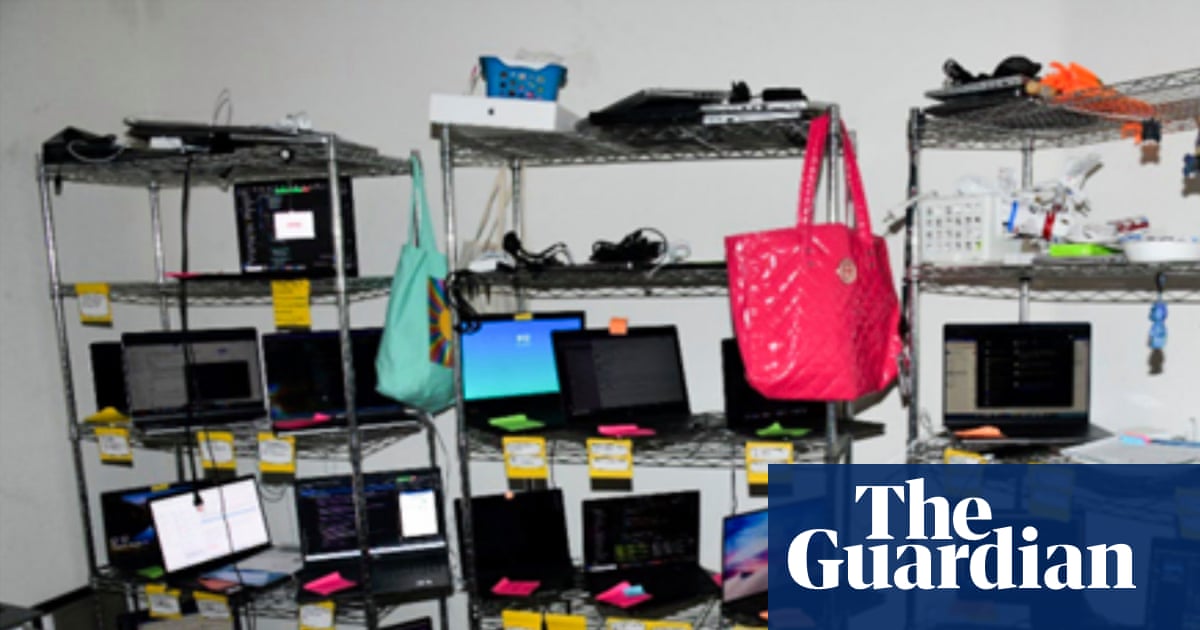T4K3.news
US woman jailed for aiding North Korea's nuclear program
Chapman sentenced for identity theft aiding North Korean workers and their nuclear ambitions.

A woman has been sentenced after her scheme facilitated payments to North Korea's nuclear program.
US woman sentenced for identity theft scheme benefiting North Korea
Christina Chapman was sentenced for her role in a scheme that misused identities to support North Korean workers. She ran operations from her homes in Arizona and Minnesota, creating virtual workplaces to connect North Korean citizens to US companies. This operation reportedly raised over $17 million, contributing directly to North Korea's nuclear ambitions. Prosecutors highlighted discrepancies in her understanding of the operation, which she maintained was legitimate even after pleading guilty. The FBI's investigation emphasized that North Korea relies on such support from US citizens for its initiatives.
Key Takeaways
"Despite entering a guilty plea… defendant does not seem to understand the full extent of her culpability in the criminal conspiracy."
This quote from prosecutors illustrates Chapman's lack of awareness regarding her actions and their serious consequences.
"Even an adversary as sophisticated as the North Korean government can't succeed without the assistance of willing US citizens like Christina Chapman."
The FBI's statement emphasizes the critical role of US citizens in facilitating foreign adversaries' operations.
Chapman's case raises serious concerns about the vulnerabilities within international business practices and identity verification. The ease with which she facilitated connections to a state adversary underscores the need for stricter regulations to combat identity fraud and to safeguard national security. As North Korea continues its pursuit of nuclear capabilities, the involvement of US citizens in such schemes can lead to severe implications, highlighting a broader issue of compliance and ethical responsibility in global employment practices.
Highlights
- Identity fraud can have real-world impacts on national security.
- Even sophisticated adversaries rely on help from individuals like Chapman.
- This case highlights a sinuous link between global employment practices and national risk.
- The danger of identity theft extends beyond individuals to entire nations.
Identity fraud linked to national security risks
Chapman's actions facilitated payments to North Korea's nuclear program, raising significant concerns regarding national security and the integrity of U.S. businesses.
This case serves as a chilling reminder of the complexities of global labor and national security.
Enjoyed this? Let your friends know!
Related News

US woman sentenced for North Korea employment fraud

Arizona woman sentenced for North Korean fraud scheme

Kim Jong Un declares victory against US in fiery speech

Documentary Investigates Iconic Vietnam Photo Controversy

Kim Yo Jong rejects South Korea's overtures

Funeral notices reveal cherished lives in Devon

US THAAD missile interceptors used extensively in conflict

Zelenskyy reports 22 killed in overnight Russian strikes
